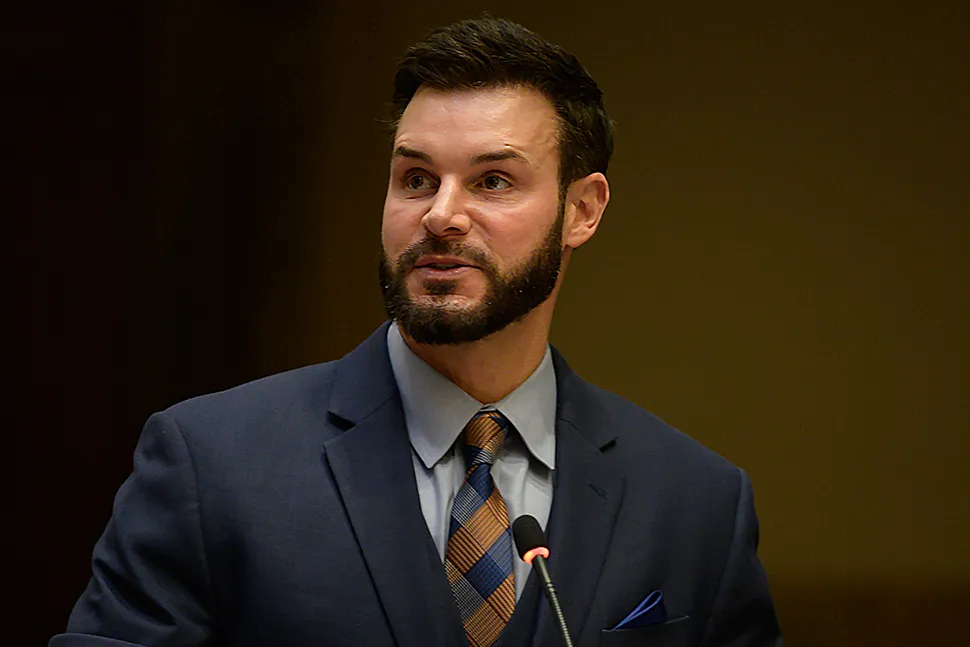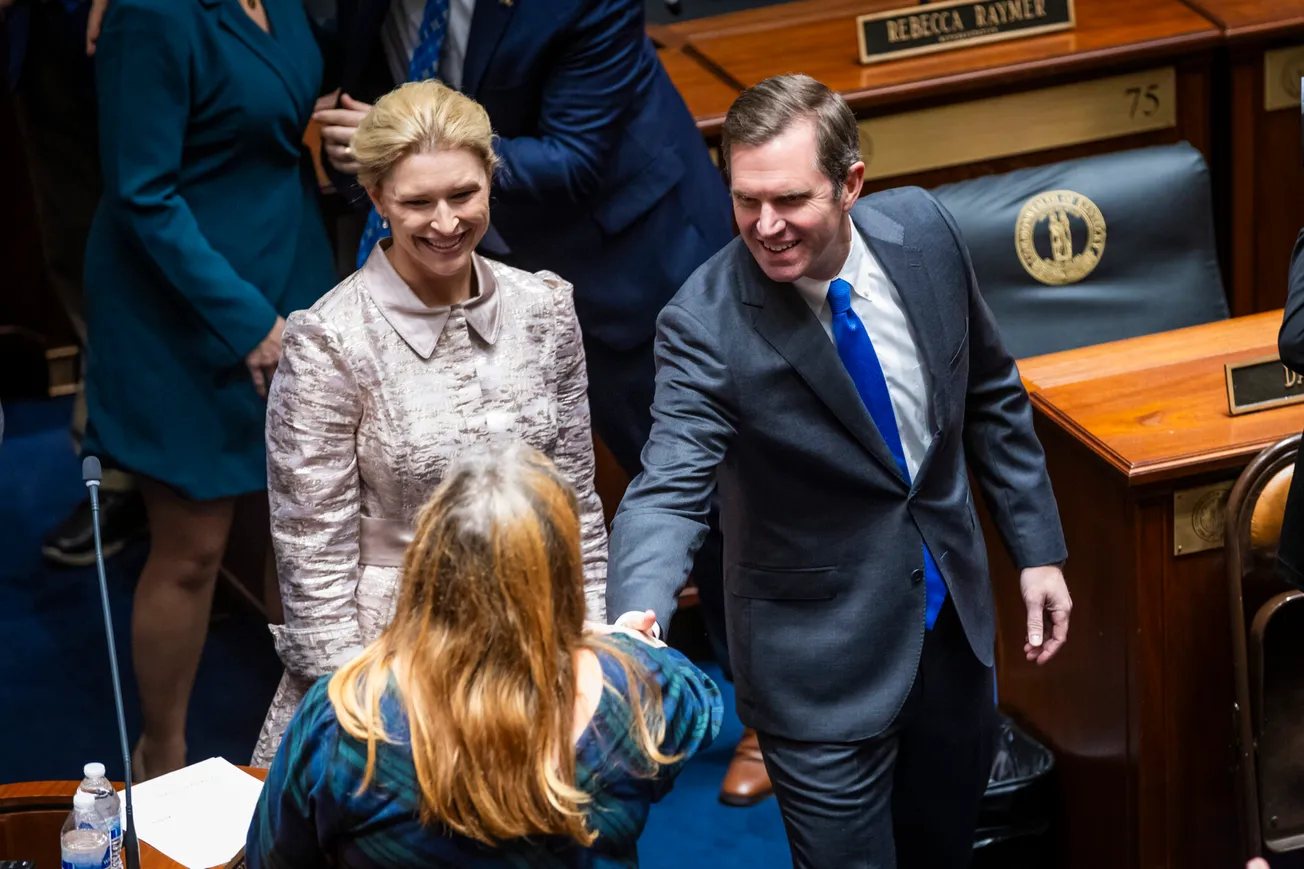Kentucky lawmakers will have a historic opportunity in the next legislative session to begin putting the state back on track for a brighter future. Thanks to aggressive federal pandemic relief that has increased Kentuckians’ incomes and strengthened consumer spending, the state budget is seeing large revenue surpluses that are boosting the rainy day fund to a historically high balance.
We should use a substantial portion of this surplus to begin reinvesting in education, health, and other fundamentals of thriving communities. (Click to tweet)
The need to reinvest is long overdue. Nineteen rounds of budget cuts since 2008 have severely reduced core government services, eliminating $2.3 billion from state spending. The consequences include no raises for state employees for 9 of the last 11 years and among the worst cuts to public school funding in the country. Agencies responsible for keeping people safe and healthy struggle with budgets that are 10%-50% below their 2008 funding levels.
Our budget has hit bottom, but it does not have to stay there. Kentucky ended the 2021 fiscal year with receipts that were 10.9% higher than the prior year’s revenues, a staggering $1.1 billion above the official forecast — all of which went into the rainy day fund. According to the preliminary estimate adopted last week by the Consensus Forecasting Group, we’re on track for another $1.1 billion surplus in June of 2022. The actual and anticipated surpluses would bring the rainy day fund to an enormous $3 billion, or 24% of the state budget, far surpassing anything we've seen.
The overwhelming driver of these positive results is higher sales, income, and corporate tax receipts resulting from federal pandemic relief provided through the American Rescue Plan Act (ARPA), the CARES Act, and other measures. Those monies have increased Kentuckians’ incomes directly, such as through supplemental unemployment benefits and boosted SNAP food assistance, kept businesses afloat, spurred a faster recovery, and boosted sales tax revenues as dollars were spent in the economy.
Despite the positive impact of federal COVID relief on state revenues, the General Assembly enacted an austere budget in the 2021 legislative session that again froze base funding for public schools, left out across-the-board raises for state and school employees, and didn’t include funding for badly needed new social workers, textbooks, and libraries. Increases were limited to a few areas, including pension costs, full-day kindergarten, and a 2% increase in funding for universities and community colleges. But on the whole, it was another austere budget for Kentucky despite the passage at the same time of over $100 million annually in new tax breaks.
Some parts of Kentucky’s budget are helped by the direct influx of resources from ARPA and other federal relief packages, including monies for P-12 education and childcare along with funding for infrastructure and relief efforts. However, that money is time-limited and intended primarily to address the harms of the pandemic. We need reinvestment of state dollars as well.
When legislators begin crafting the new budget this January, they have the opportunity to chart a better course for our state. While a healthy rainy day fund is an important part of a sound state budget, it shouldn’t be overfunded at the expense of the broader economy. Kentucky can and should allocate a substantial portion of these one-time monies as seed dollars for budget reinvestment while still leaving ample resources in the rainy day fund to prepare for the next recession.
To cite just a few examples, a 5% increase in both K-12 core funding and higher education funding, a $2,000 increase in school and other state employee salaries, the monies to hire needed new social workers, and create 500 more waiver slots for people with disabilities could be paid for while still leaving $2.5 billion in the rainy day fund. We could do these things and much more and still leave a healthy cushion for the next recession.
And we can and should begin planning now for commonsense ways to clean up the tax code so expanded investments can be sustained down the road.
The historic state surplus combined with federal relief monies from ARPA provide a once-in-a-generation opportunity to begin reinvesting in a better economy and improved quality of life. If Kentucky does so, we can come out of the pandemic stronger than before and better positioned to build an economy that works for all Kentuckians.
--30--
Written by Jason Bailey, executive director of the Kentucky Center for Economic Policy.







